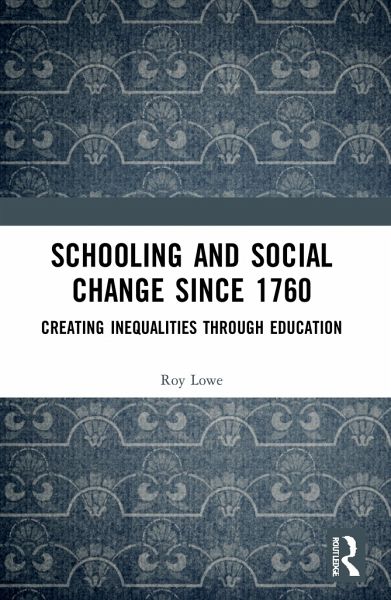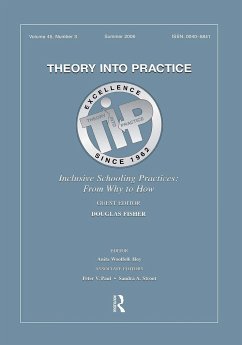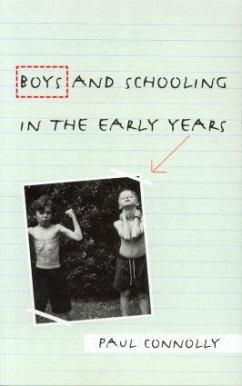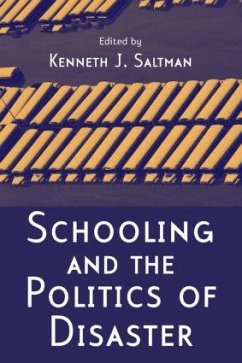
Schooling and Social Change Since 1760
Creating Inequalities through Education
Versandkostenfrei!
Versandfertig in 1-2 Wochen
54,99 €
inkl. MwSt.
Weitere Ausgaben:

PAYBACK Punkte
27 °P sammeln!
Schooling and Social Change in England since 1760 offers a powerful critique of the situation of British education today and shows the historical processes that have helped generate the crisis confronting policymakers and practitioners at the present time. The book identifies the key phases of economic and social change since 1760 and shows how the education system has played a central role in embedding, sustaining and deepening social distinctions in Britain. Covering the whole period since the first industrialization, it gives a detailed account of the development of a deeply divided educati...
Schooling and Social Change in England since 1760 offers a powerful critique of the situation of British education today and shows the historical processes that have helped generate the crisis confronting policymakers and practitioners at the present time. The book identifies the key phases of economic and social change since 1760 and shows how the education system has played a central role in embedding, sustaining and deepening social distinctions in Britain. Covering the whole period since the first industrialization, it gives a detailed account of the development of a deeply divided education system that leads to quite separate lifestyles for those from differing backgrounds. The book develops arguments of inequalities through a much-needed account of the changes in education. This book will be of great interest for academics, scholars and post-graduate students in the field of history of education and education politics. It will also appeal to administrators, teachers and policy makers, especially those interested in the historical development of schooling.













